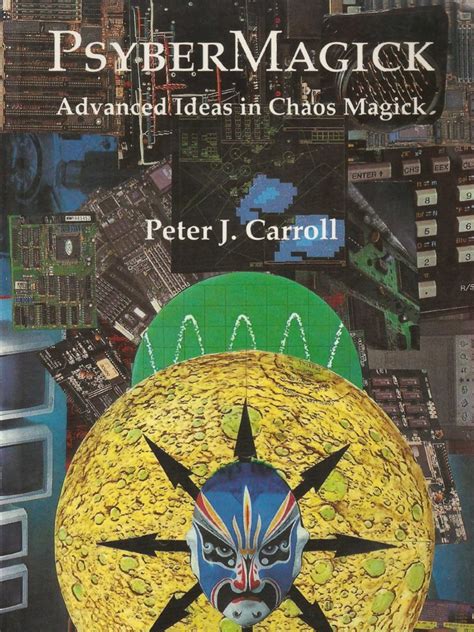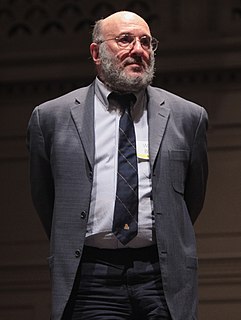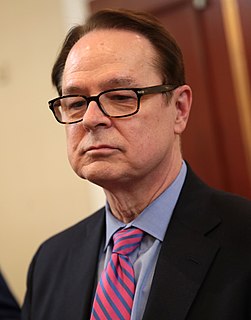Top 52 Libertarianism Quotes & Sayings
Explore popular Libertarianism quotes.
Last updated on April 21, 2025.
Odonianism is anarchism. Not the bomb-in-the-pocket stuff, which is terrorism, whatever name it tries to dignify itself with, not the social-Darwinist economic 'libertarianism' of the far right; but anarchism, as prefigured in early Taoist thought, and expounded by Shelley and Kropotkin, Goldman and Goodman. Anarchism's principal target is the authoritarian State (capitalist or socialist); its principle moral-practical theme is cooperation (solidarity, mutual aid). It is the most idealistic, and to me the most interesting, of all political theories.
Libertarianism is what you probably already believe: Libertarian values are American values. Libertarianism is America's heritage of liberty, patriotism and honest work to build a future for your family. It's the idea that being free and independent is a great way to live. That each of us is a unique individual, with great potential. That you own yourself, and that you have the right to decide what's best for you. Americans of all races and creeds built a great and prosperous country with these libertarian ideals. Let's use them to build America's future.
On the conservative side, today's libertarianism is far more dogmatic and devoid of qualification than the liberalism of Adam Smith or J.S. Mill. Like Marxism, libertarianism is a utopian worldview based on an economic-determinist vision of history. Unlike Marxism, libertarianism is highly specific in its predictions about the transition to the utopian world order, rendering it vulnerable to fact.
The most fundamental challenge of the anthropocene concerns agency. For those who lived the Enlightenment dream (always a minority but an influential one), agency was taken for granted. There were existential threats to agency (e.g., determinism) but philosophy mobilized to refute these threats (e.g., by defending libertarianism) or to defuse them (e.g., by showing that they were compatible with agency).
A Call for Revolution, 1993 Libertarianism is rejected by the modern left - which preaches individualism but practices collectivism. Capitalism is rejected by the modern right - which preaches enterprise but practices protectionism. The libertarian faith in the mind of man is rejected by religionists who have faith only in the sins of man. . . . The libertarian insistence that each man is a sovereign land of liberty, with his primary allegiance to himself, is rejected by patriots who sing of freedom but also shout of banners and boundaries.
Libertarianism is neither of the left nor of the right. It is unique. It is sui generis. It is apart from left and right. The left right political spectrum simply has no room for libertarianism. Think of an equilateral triangle, with libertarianism at one corner, the left at a second corner and the right at the third corner. We are equally distant from both of those misbegotten political economic philosophies. No, better yet, think in terms of an isosceles triangle, with us at the top and the two of them at the bottom, indicating they have more in common with each other than with us.
Libertarianism is the simple morality we learned as children: Don’t strike first, don’t steal or cheat, keep your promises. If you inadvertently fail to live up to these standards, make it up to the person you’ve harmed. If someone harms you, you may defend yourself as needed to stop the aggressor and obtain reparations. This simple morality works group-to-group just as it works one-to-one to bring about a peaceful and prosperous world.
One difference between libertarianism and socialism is that a socialist society can't tolerate groups of people practicing freedom, but a libertarian society can comfortably allow people to choose voluntary socialism. If a group of people - even a very large group - wanted to purchase land and own it in common, they would be free to do so. The libertarian legal order would require only that no one be coerced into joining or giving up his property.
Sense About Science is much more than an innocent fact-checking service. It is a spin-off of a bizarre political network that began life as the ultra-left Revolutionary Communist Party and switched over to extreme corporate libertarianism when it launched 'Living Marxism' magazine in the late eighties.
In my early twenties the nature of conservatism itself changed. When I identified as a fourteen-year-old conservative, it was closer to what we today think of as libertarianism - conservatism, at least for me, had been defined by Jeffersonian credos like "the best governed are the least governed" and "I have sworn eternal hostility against every form of tyranny over the mind of man" that were very idealistic and romantic to a kid.
[Libertarians] don't denounce what the state does, they just object to who's doing it. This is why the people most victimized by the state display the least interest in libertarianism. Those on the receiving end of coercion don't quibble over their coercers' credentials. If you can't pay or don't want to, you don't much care if your deprivation is called larceny or taxation or restitution or rent. If you like to control your own time, you distinguish employment from enslavement only in degree and duration.
f you analyze it I believe the very heart and soul of conservatism is libertarianism. I think conservatism is really a misnomer just as liberalism is a misnomer for the liberals - if we were back in the days of the Revolution, so-called conservatives today would be the Liberals and the liberals would be the Tories. The basis of conservatism is a desire for less government interference or less centralized authority or more individual freedom and this is a pretty general description also of what libertarianism is.
Pure libertarianism believes that people will be generous and help each other. Well, they won't. I wish it were so, and I live that way. I help panhandlers, but other people are, 'Oh look at that - why doesn't he get a job?' While I believe in all that freedom, I also believe that no one should suffer needlessly.
It has been said that I am not a 'real' Libertarian. A certain faction of the Party has come to believe that the writings of Ayn Rand and Milton Friedman are the holy texts of Libertarianism, and I disagree. I believe that the Libertarian movement is and should be more encompassing than the narrow-minded advocacy of economic anarchy.
I'm talking of the idea, basically very widespread in America, that the less government the better, which is obviously being used to the advantage of the big corporations, but none-the-less has very radical implications. The idea of a people that exercises a great deal of federalist or confederalist control, the ideal of a grass-roots type of democracy, the idea of the freedom of the individual which is not to get lost in the mazes of anarcho-egotism à la Stirner, or for that matter right-wing libertarianism.
If libertarianism were easy to explain, and it weren't easy to exaggerate the effects of libertarianism, I think it would have been done already. Many many very intelligent people have applied themselves to crafting an agenda that people could grab ahold of. But the problem of course is that libertarianism isn't political. It is kind of anti-political. It wants to take a lot of things out of the political arena.









































